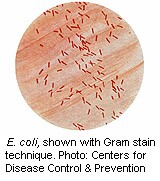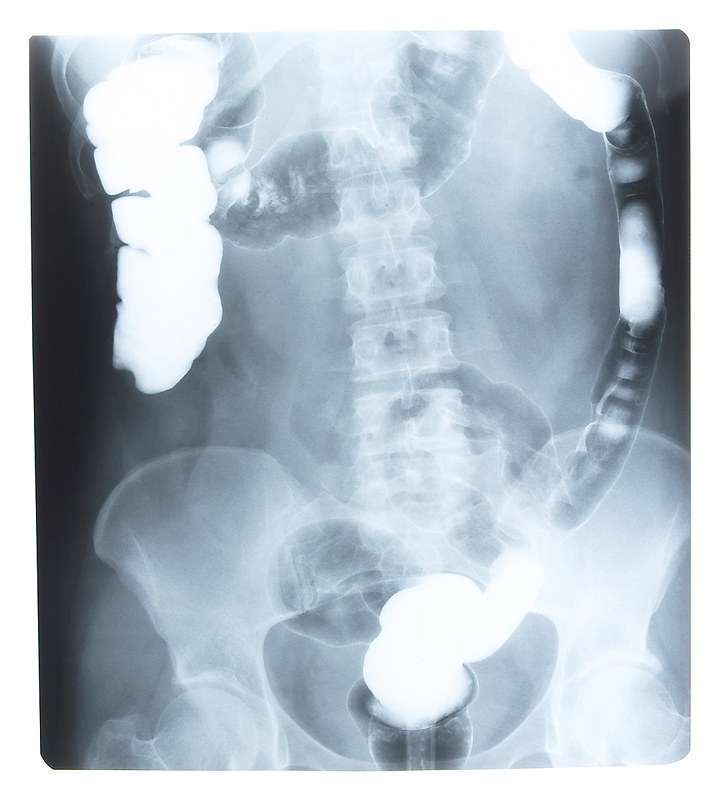
FRIDAY, Nov. 19 (HealthDay News) — People who develop gastroenteritis from E. coli-contaminated drinking water are at increased risk for high blood pressure, kidney problems and heart disease later in life, say Canadian researchers.
The investigators analyzed data from the Walkerton Health Study, which evaluated the long-term health of adults in an Ontario town who developed gastroenteritis (commonly known as stomach flu) in May 2000 after the municipal water system was contaminated with E. coli O157:H7 and Campylobacter bacteria.
The study, which looked at health consequences eight years after the outbreak, was published in the Nov. 19 online edition of BMJ.
Of the 1,977 participants, 1,067 experienced acute gastroenteritis and 378 of those people sought medical attention. Compared with people who were weren’t ill or mildly ill, those with acute gastroenteritis were 1.3 times more likely to develop high blood pressure, 3.4 times more likely to develop kidney problems, and 2.1 times more likely to have a cardiovascular event, such as a heart attack or stroke.
“Our findings underline the need for following up individual cases of food or water poisoning by E. coli O157:H7 to prevent or reduce silent progressive vascular injury,” Dr. William Clark, professor of nephrology at London Health Sciences Center in Ontario, and colleagues wrote in the study.
“These long-term consequences emphasize the importance of ensuring safe food and water supply as a cornerstone of public health,” they added.
Each year, E. coli O157:H7 causes an estimated 120,000 gastrointestinal illnesses in the United States, resulting in more than 2,000 hospitalizations and 60 deaths, according to the news release.
More information
The U.S. National Institute of Allergy and Infectious Diseases has more about E. coli.

